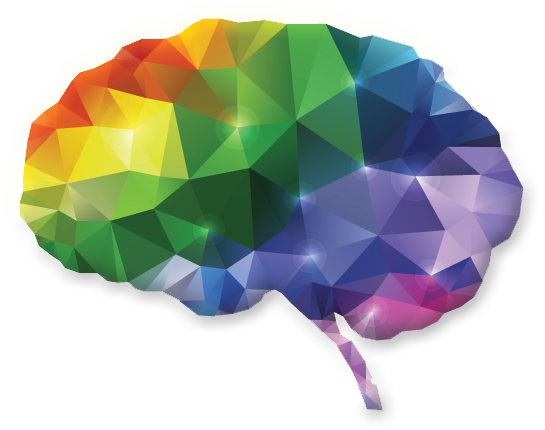We previously determined a metabolite of acetamiprid, N-desmethyl-acetamiprid in the urine of a patient, who exhibited some typical symptoms including neurological findings. We sought to investigate the association between urinary N-desmethyl-acetamiprid and the symptoms by a prevalence case-control study. Spot urine samples were collected from 35 symptomatic patients of unknown origin and 50 non-symptomatic volunteers (non-symptomatic group, NSG, 4–87 year-old). Patients with recent memory loss, finger tremor, and more than five of six symptoms (headache, general fatigue, palpitation/chest pain, abdominal pain, muscle pain/weakness/spasm, and cough) were in the typical symptomatic group (TSG, n = 19, 5–69 year-old); the rest were in the atypical symptomatic group (ASG, n = 16, 5–78 year-old). N-desmethyl-acetamiprid and six neonicotinoids in the urine were quantified by liquid chromatography-tandem mass spectrometry. The detection of N-desmethyl-acetamiprid was the most frequent and highest in TSG (47.4%, 6.0 ppb (frequency, maximum)), followed by in ASG (12.5%, 4.4 ppb) and in NSG (6.0%, 2.2 ppb), however acetamiprid was not detected. Thiamethoxam was detected in TSG (31.6%, 1.4 ppb), in ASG (6.3%, 1.9 ppb), but not in NSG. Nitenpyram was detected in TSG (10.5%, 1.2 ppb), in ASG (6.3%, not quantified) and in NSG (2.0%, not quantified). Clothianidin was only detected in ASG (6.3%, not quantified), and in NSG (2.0%, 1.6 ppb). Thiacloprid was detected in ASG (6.3%, 0.1 ppb). The cases in TSG with detection of N-desmethyl-acetamiprid and thiamethoxam were aged 5 to 62 years and 13 to 62 years, respectively. Detection of N-desmethyl-acetamiprid was associated with increased prevalence of the symptoms (odds ratio: 14, 95% confidence interval: 3.5–57). Urinary N-desmethyl-acetamiprid can be used as a biomarker for environmental exposure to acetamiprid.
Source:
Marfo JT et al. (2015) Relationship between Urinary N-Desmethyl-Acetamiprid and Typical Symptoms including Neurological Findings: A Prevalence Case-Control Study. PLoS ONE 10(11): e0142172. https://doi.org/10.1371/journal.pone.0142172

- Login om te reageren
